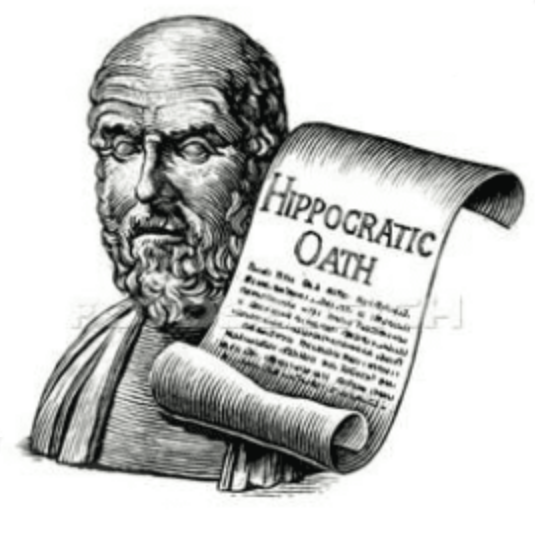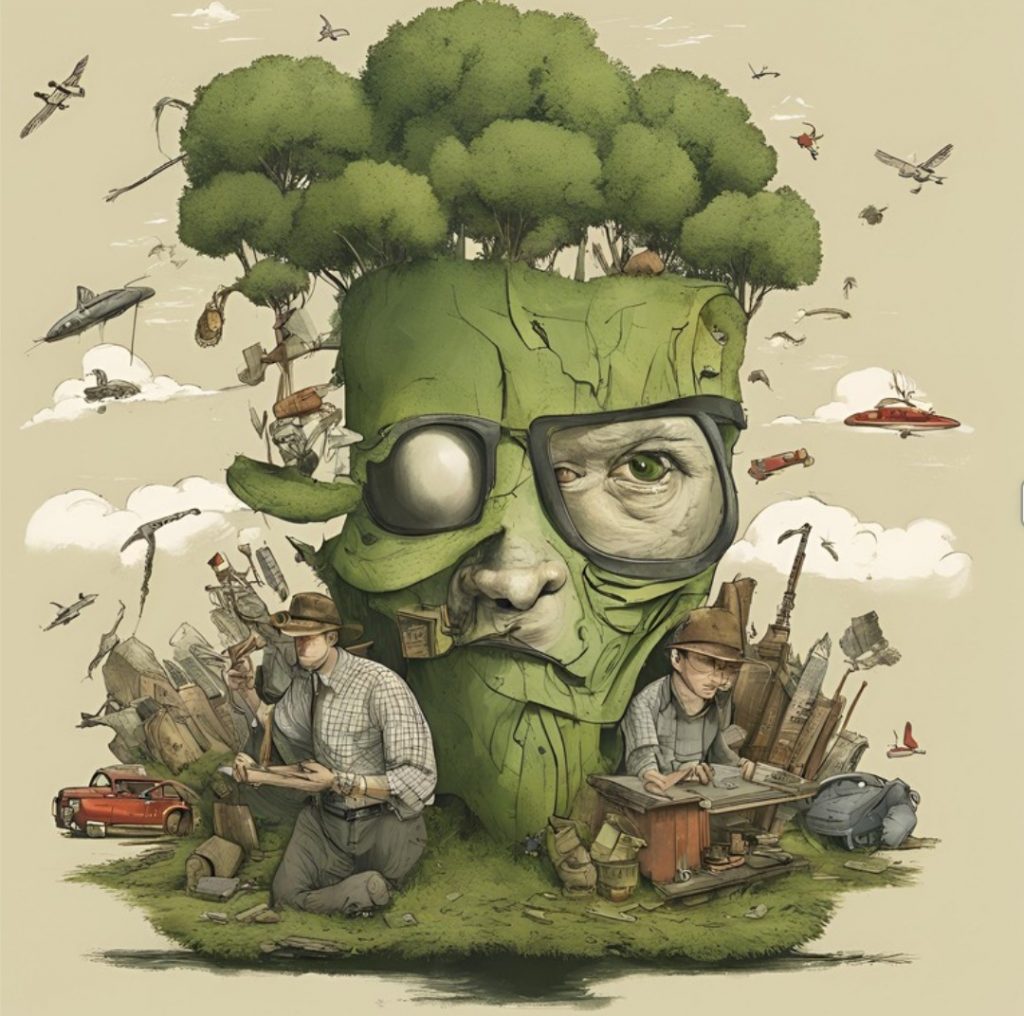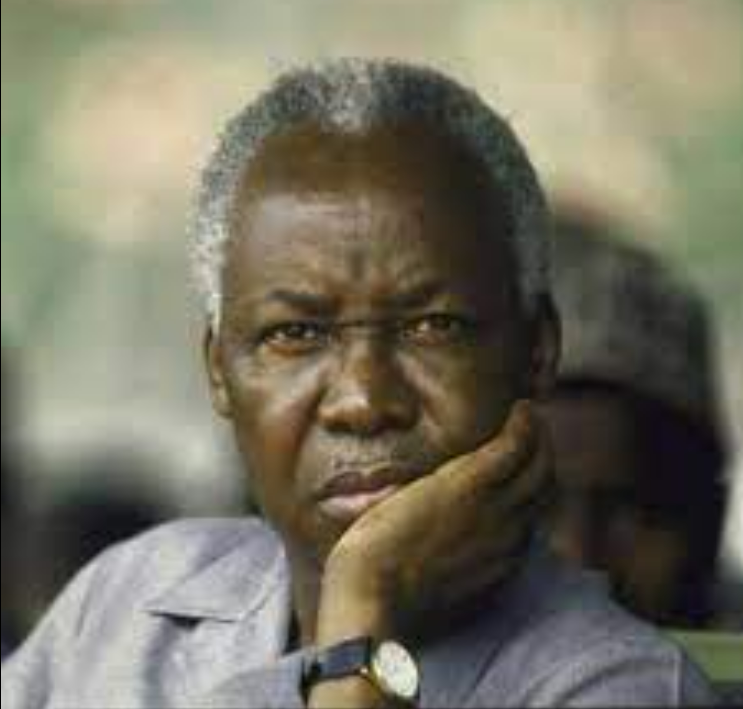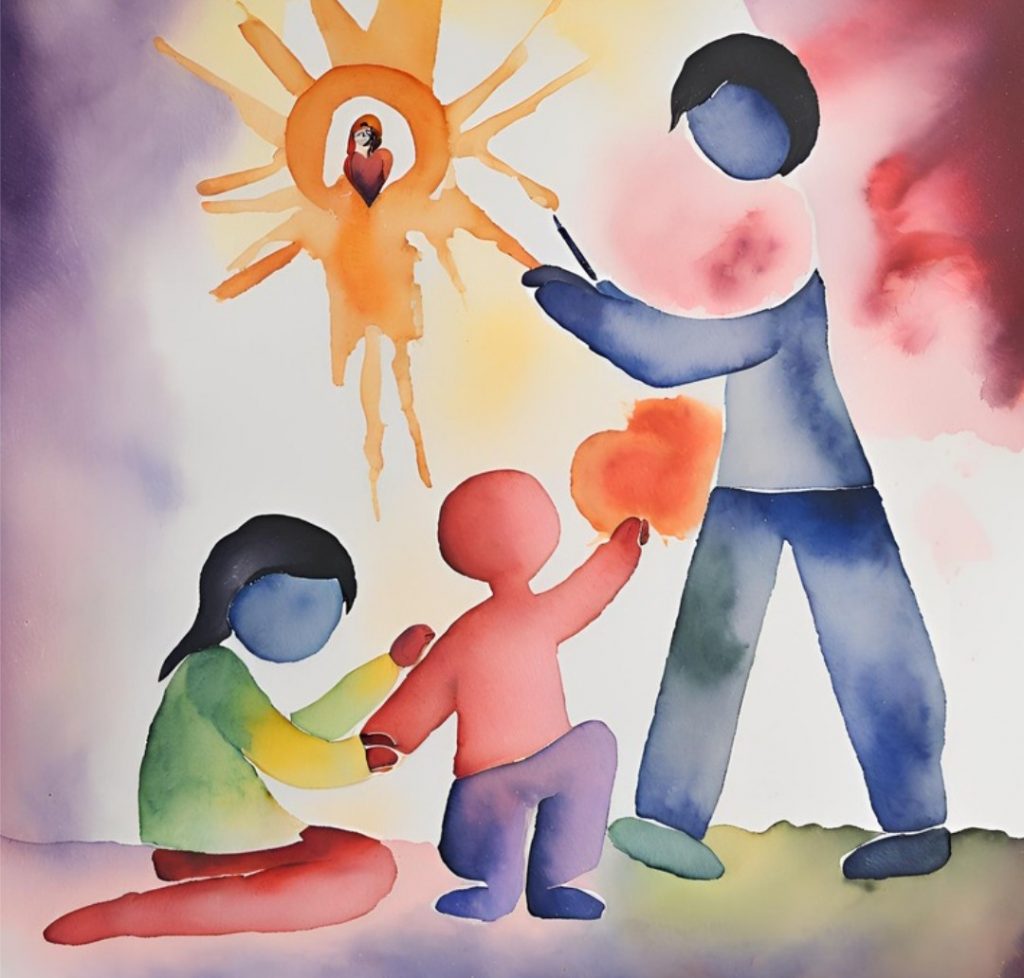Along with my slogan life is about taking care of life, I like to apply the notion of “Do No Harm” as a great life guiding principle. It is a wonderfully simple ethical principle, and yet so incredibly difficult to follow by most humans. I learned about the Do No Harm principle when I was working on my Ph.D project on humanitarian interventions in 1999. It was formulated as a basic operating principle for actors in humanitarian emergency interventions in the 1990s, and stated that “Do no harm” is to avoid exposing people to additional risks through our action.
The “additional risks” is actually added on since because in reality humanitarian actors cannot avoid all the risks and are not fully prioritizing and engaging in actually stopping the causes of the conflicts and crisis that are putting humans at risk in the first place. Rather they only mitigate the symptoms of the damage that continuously is being done.

But, I actually find the principle genius. It is clearly derived from the Hippocratic Oath, by the ancient Greek physician Hippocrates. Initially meant as a guideline for – and oath taken by – medical physicians, I find that it is very useful as a basic guideline for all our human behaviors.

At all levels, from our practice as individuals and parents to business and governmental leadership, it could be a key guideline for how we could change the way our human community functions.
However, it should not only be applied at the level of the immediate consequences of our actions, but at the level of the indirect effects our economic activities in business and production in particular has on people, animals and our environment.
War is in this perspective simply an extension of economic interests and hence business and production actions.

The late President of the African state of Tanzania, Julius Nyerere, once wrote that a capitalist can be an excellent family father, but the consequences of his economic activities are bound to do harm, as his profits and commercial success of growth is entirely dependent on exploitation of other people’s work for him, for his sub-providers, and the nature from which production materials are derived. I thought this was an excellent observation, when I first read it in the 1980s, and has been one of my guiding principles since.

You don’t have to be religious or anything like that to apply a code like do no harm. It’s simply just a good ethics to follow. Life is about taking care of life, and not harming it. So think about how your actions in all your daily activities actually may impact humans and other life forms.
Anyways, there is much to say about this, and I will devote this part of my blog to explore how we through increasing our conscience about the effects of our actions actually is key to changing our world today. It is all about how we conduct our lives, our behavior and habits, and thus how we can change our current ways towards a simpler way of living.




